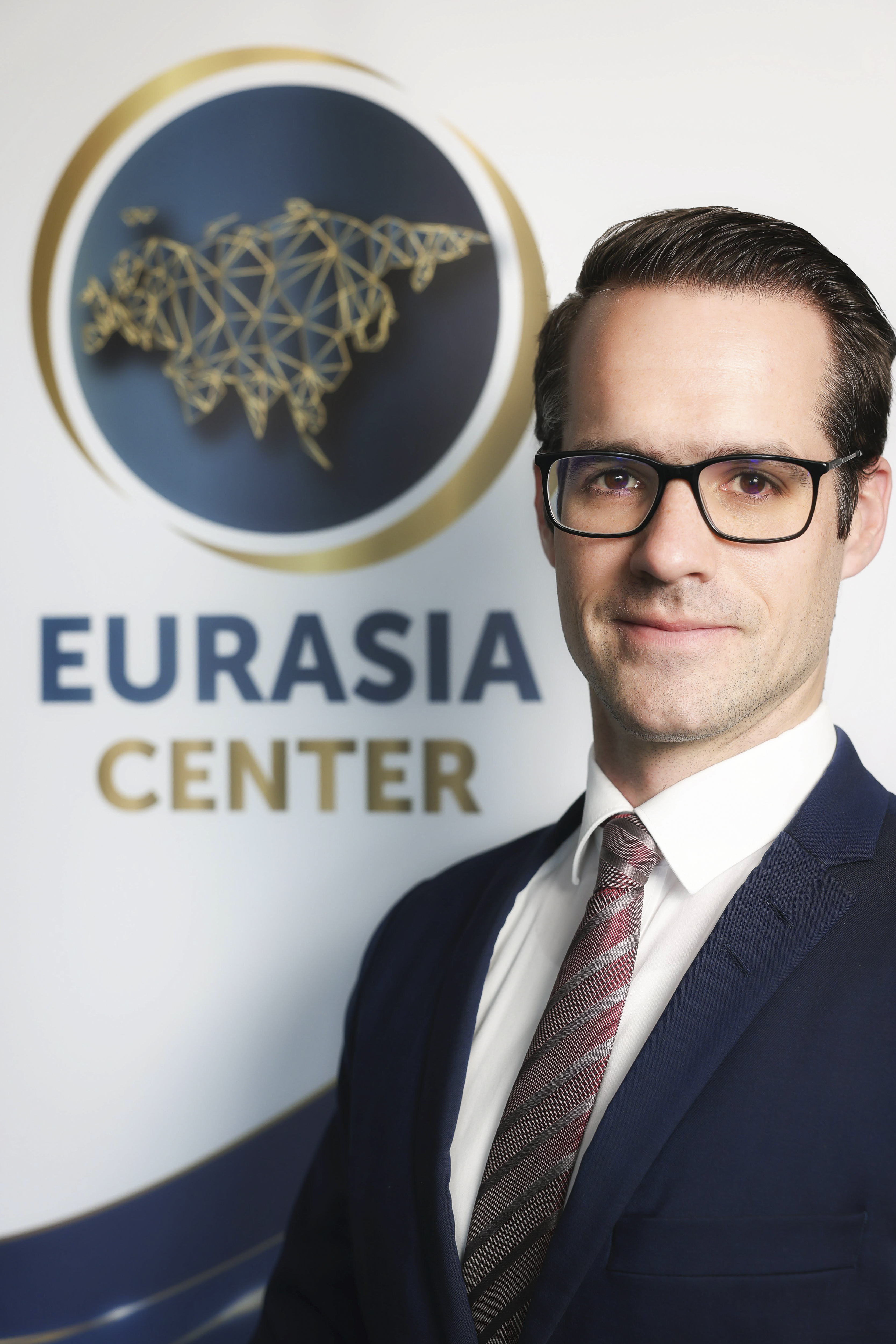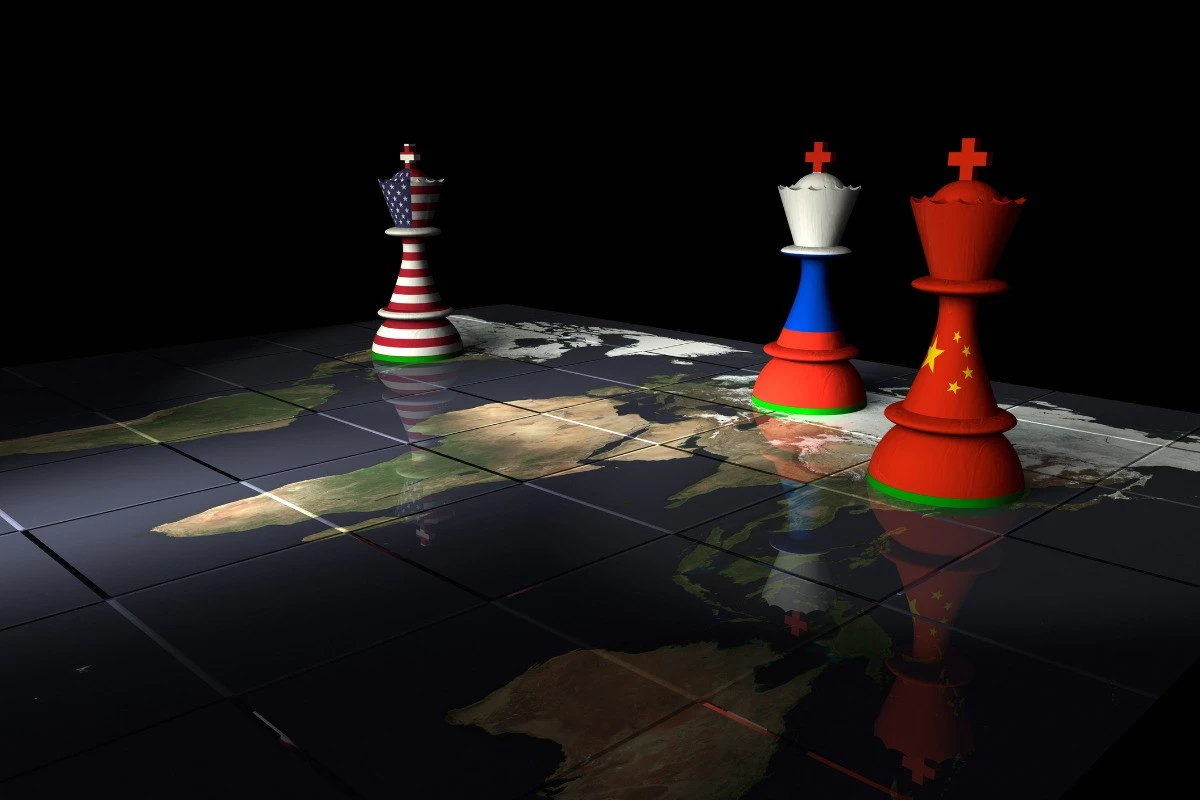Levente Horváth
Editor-in-Chief of Eurasia
President Donald Trump was inaugurated in January, and as we predicted in previous issues of Eurasia magazine, he has upended the existing international order, rendering the previous Western ideological approach to politics obsolete.
Trump’s Vice President, J.D. Vance, caused a major stir in Western media with his speech at the Munich Security Conference. However, the shock was not necessarily due to the content of his remarks—similar ideas have been expressed by Asian leaders for nearly a decade. In fact, Hungary’s Prime Minister has delivered speeches with similar messages on multiple occasions across various platforms. The real shock was that it was the second-highest-ranking official of the United States who stated these things in front of Western leaders—the same United States that originally spread woke ideology and other ideological politics to Europe.

